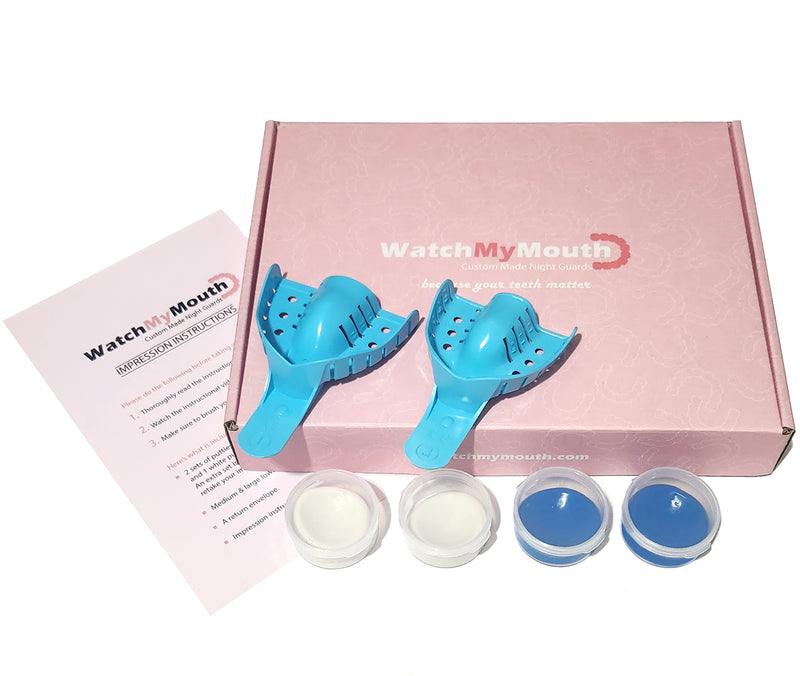Introduction
Investing in a night guard is an essential step towards protecting your teeth from the perils of bruxism. However, to reap the full benefits, proper care and maintenance are crucial. This article outlines the key steps in night guard care, helping you ensure its longevity and effectiveness. By incorporating these practices into your routine, you can extend the life of your night guard and continue to enjoy its protective benefits.

Cleaning Your Night Guard
Maintaining good oral hygiene extends to caring for your night guard. Regular cleaning is essential to prevent the buildup of bacteria and plaque. After each use, gently brush the night guard with a soft toothbrush and mild soap or non-abrasive toothpaste. Avoid using hot water, as it may warp the material.
Soaking for a Deeper Clean
Periodic soaking in a denture or night guard cleaning solution helps eliminate bacteria and odors. Follow the manufacturer’s instructions for the cleaning solution, ensuring it is safe for your specific night guard material. Proper cleaning not only promotes oral health but also ensures that the guard remains comfortable to wear.
Storage Practices
Storing your night guard properly is crucial to prevent damage and maintain its shape. Use a designated case to protect the guard from dust, debris, and accidental damage. Avoid leaving the night guard exposed to open air, as this can lead to bacterial growth. Store it in a cool, dry place away from direct sunlight.
Regular Inspection
Perform regular visual inspections of your night guard to identify any signs of wear and tear. Cracks, rough edges, or changes in shape may compromise its effectiveness. If you notice any issues, consult your dentist promptly for adjustments or a replacement. Proactive care ensures that your night guard continues to provide optimal protection.
Hygiene Beyond the Night Guard
Maintaining overall oral hygiene complements the care of your night guard. Brush and floss your teeth before inserting the guard to prevent transferring bacteria. Regular dental check-ups are essential for monitoring your oral health and ensuring that your night guard remains a beneficial component of your dental care routine.
Replacement Guidelines
Night guards are not indestructible, and their lifespan varies depending on usage and care. Most guards last between 1 to 5 years. However, if you notice significant wear, discomfort, or changes in fit, consider replacing it sooner. Consult your dentist for guidance on the appropriate timing for a replacement.
Conclusion
A well-cared-for night guard is a reliable guardian of your dental health. By adopting proper cleaning, storage, and hygiene practices, you can ensure the longevity and effectiveness of your night guard. Incorporate these habits into your daily routine to not only protect your smile from bruxism but also to maintain optimal oral health for years to come.





